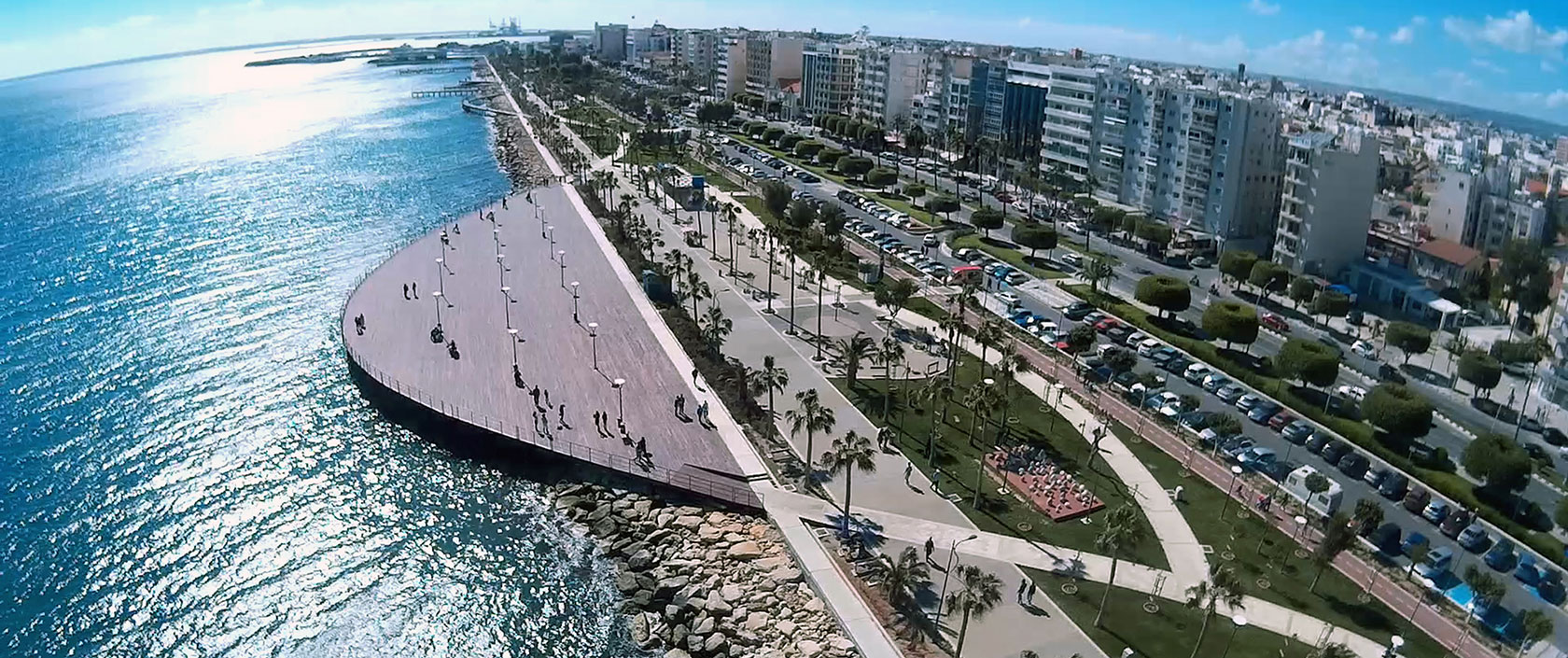Turkish Cypriot teachers’ legal challenge to have the north’s ruling coalition’s decision to legalise the wearing of hijabs at public schools declared unlawful was on Thursday suspended indefinitely pending a final decision.
Teachers believe that the law, which has provoked widespread protests across the north since it was first introduced in March, runs contrary to the ‘TRNC’s’ constitution’s stipulation that public education must be secular.
Outside court, the teachers’ lawyer Oncel Polili said that previous rulings made by the European Court of Human Rights (ECtHR) had found headscarves to be “political symbols”, and that as such, wearing one constitutes a “political decision”.
He added that until the wearing of hijabs at public schools in the north was first legalised in March, “there had never been a serious problem regarding headscarves in this country”.
He also stressed that the law is “against the principle of secularism as it is written in the constitution” and pointed out that secularism is mentioned in the ‘TRNC’s’ constitution before fundamental rights and freedoms.
“The constitution gives special importance to secularism,” he said, and added that as such, the north’s public education is to be carried out “in line with [Turkish founding president Mustafa Kemal] Ataturk’s principles and reforms”.
Returning to the matter of the hijab law, he said it was “entirely political and ideological” and added that it will be “open to abuse”, as children may be forced to wear headscarves by their families, before pointing out one of the potential undue implications of the law’s wording.
“The headscarf is not only a form of religious expression but also a form of worship. According to the statute, those who wear the headscarf, and those who do not wear the headscarf are non-believers,” he said.
He added that he expects a ruling to be made before the start of the next academic year in the autumn.
Meanwhile, the north’s ‘deputy attorney-general’ Cemaliye Usanmaz insisted that the law had been created for the purposes of inclusion, rather than exclusion, and that it had been written “in accordance with the principle of equal opportunity”.
She described assertions that the law only allowed only Muslims to wear religious dress at schools as “baseless”.
“Cabinet has established a balance between freedom of religion and conscience, and has allowed the use of headscarves with some restrictions,” she said, before highlighting the United Nations’ convention on the rights of the child, which states that “children have freedom of religion and conscience”.
“The coercive understanding of secularism was abandoned in Turkey in 2012,” she said, referencing the year in which the wearing of hijabs in Turkish public schools was legalised.
“This regulation is not contrary to the principle of secularism. On the contrary, it was prepared in accordance with the principle of secularism.”
The court case comes amid a standoff between Turkish Cypriot teachers and the north’s ruling coalition on the matter, with Turkish President Recep Tayyip Erdogan even having intervened on the matter.
“If you try to mess with our girls’ headscarves in the Turkish Republic of Northern Cyprus, I am sorry, you will find us against you,” he had said during a visit to Cyprus last month.
The ruling coalition had initially legalised the wearing of hijabs in schools midway through March, but faced a fierce backlash from teachers, the majority of whom are staunchly secular, before withdrawing the law shortly thereafter.
Turkish Cypriots have in large numbers rejected the hijab law, taking to the streets of Nicosia in their thousands on three separate occasions since the law was enacted, with numerous smaller such protests having taken place in the meantime.
The most recent of those protests came at the end of a general strike across the north.







Click here to change your cookie preferences